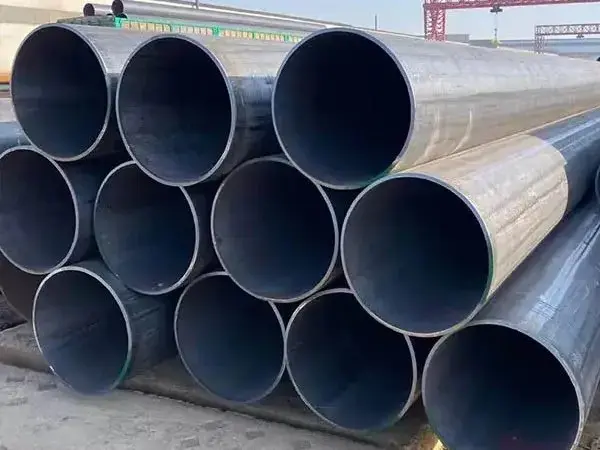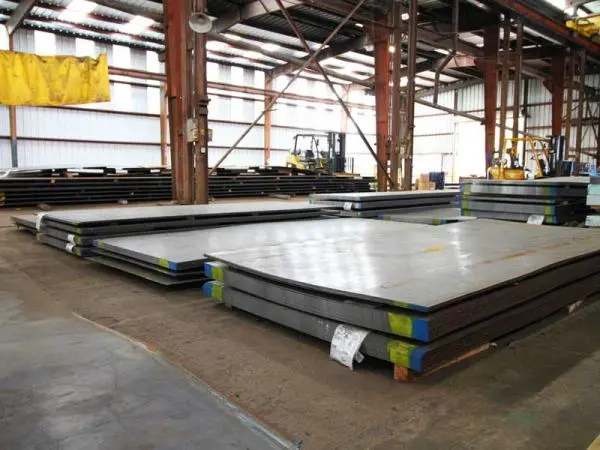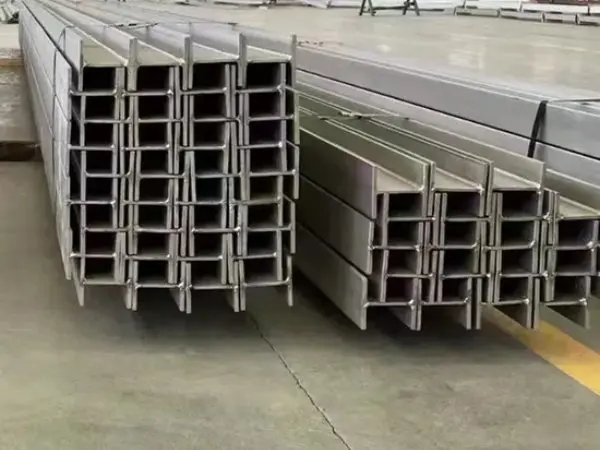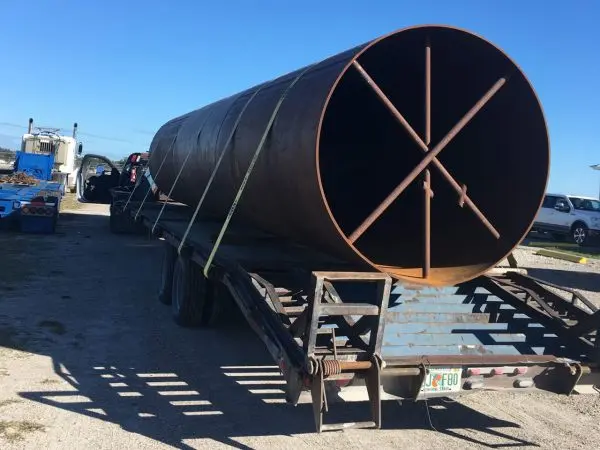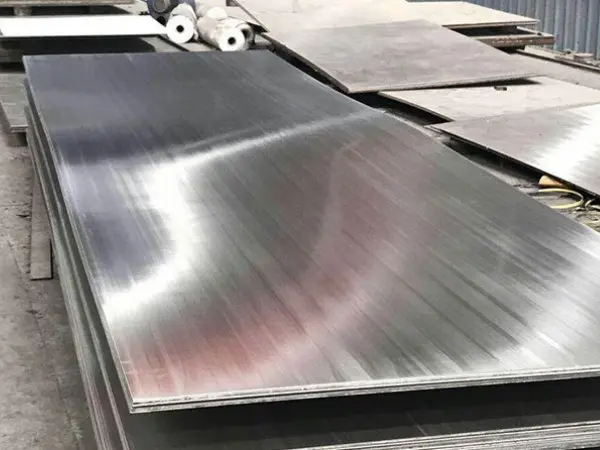- Phone0086 731 8564 8255
- E-mailsales@cscsteel-manufacturing.com
-

Boiler tube ruptures result from factors like overheating, wear, and corrosion, leading to pipeline bursts and high-temperature water leaks that impair boiler function. Key causes include.
Water Treatment Issues:
Poor feed water quality and inadequate treatment can cause scaling and corrosion.
Tube Performance:
Manufacturing and maintenance can lead to stress concentration and degradation at welds.
Impurities:
Can obstruct tubes, affecting water circulation.
Low Water Level:
Causes poor circulation and local overheating.
Nozzle Angle:
Incorrect angles can lead to overheating in oil, gas, or coal boilers.
Operational Errors:
Incorrect furnace operations induce rapid thermal stress.
Heat Concentration:
Damaged flues and firewalls can concentrate heat, damaging tubes.
Corrosion:
Ageing and corrosion can weaken pipes, especially in economizers.
High Smoke Velocity:
Can increase wear and overheating.
Leakages:
Poor construction can cause uneven heating.
High Temperatures:
Overheat pipes, reducing their mechanical properties.
Environmental Impact:
Frequent startups, load changes, and improper flame adjustment can stress tubes.
Corrosive Gases:
CO2 and O2 in the system can accelerate corrosion, leading to leaks.
These issues can lead to boiler shutdowns for emergency repairs, impacting production and daily operations. Addressing them is crucial for maintaining boiler integrity and safety.
